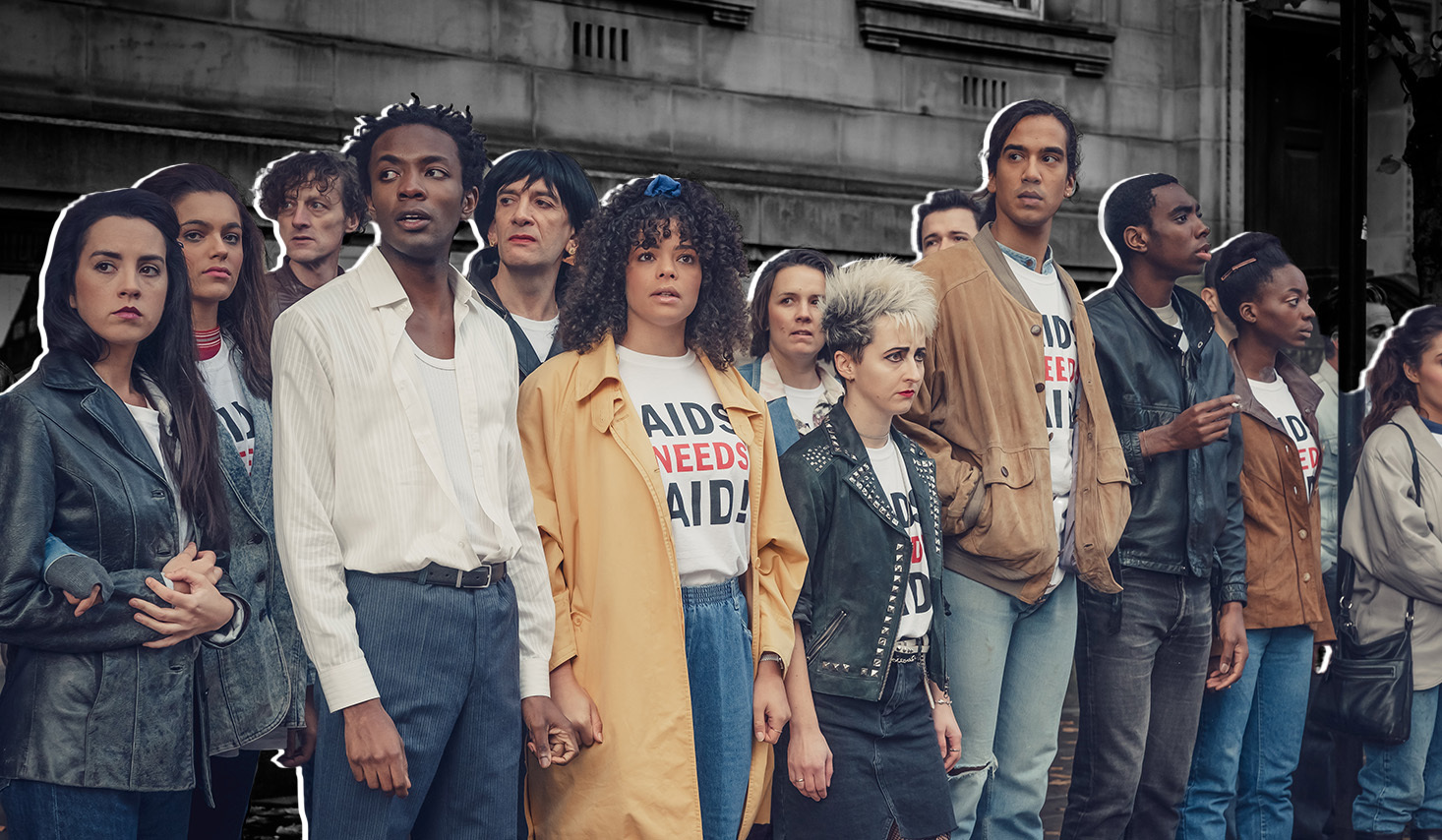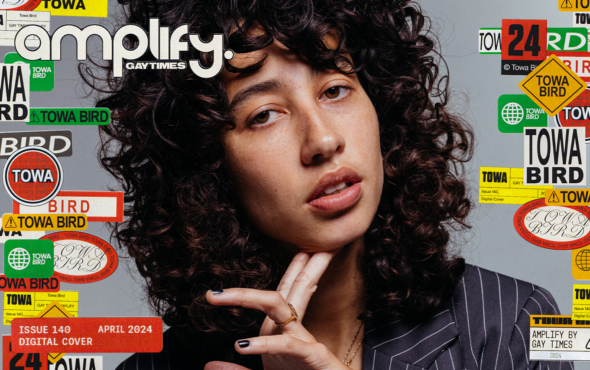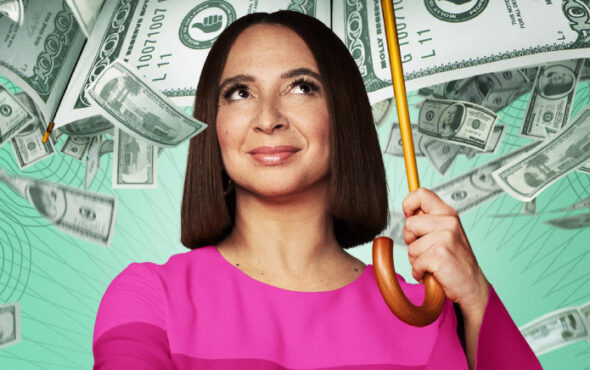
It’s an unusual feeling, that sense of connectedness to something that happened long ago, before you were even alive to see it.
Every year at Manchester Pride, once the vivid flashes of disco lights and vibrant music begin to fade, I attend the Candelit Vigil. It’s a time to remember those in our community that have passed on, many of whom lost their lives to AIDS. Although it was a crisis I didn’t live through, as I look around, it’s clear its impact lives on.
A two-minute silence falls upon Sackville Gardens in the heat of summer 2023, upon the statue of the heroic Alan Turning and the Beacon of Hope, standing proud, standing tall. This is followed by a powerful, roaring applause, and later the bright colours of fireworks and confetti, choir singing triumphantly.
There is a sense of a prevailing and resilient community, in memory of these wonderful, bright souls. And amongst the crowd, I was lucky enough to talk to the lovely Russell T Davies, creator of some of the most iconic British television: Queer As Folk, Doctor Who, and It’s A Sin. It was a rather fitting encounter, as It’s A Sin feels like a window into the lives of those we were remembering at the vigil.
The series, which recently turned three, follows the lives and loves of Ritchie (Olly Alexander) and his friends, against the dark backdrop of the 1980s HIV epidemic. Davies is no stranger to bringing controversial ideas and stories to the screen, often through relatable and complex characters that you can’t help but empathise with.

The unforgettable Queer As Folk on Channel 4 was a pioneering show that partied like it was 1999, with its unapologetic and frank portrayals of gay love. Unlike anything ever before seen on TV, the programme put gay characters front-and-centre for one of the first times in history and the first series racked up a total of 160 complaints. Next came Davies’ revival of Doctor Who in 2005, followed by his queer trilogy, Cucumber, Banana and Tofu in 2015, and eventually dystopian sci-fi series Years and Years, which It’s A Sin executive producer Nicola Shindler said gave Davies “that political voice and to find the anger he needed” to tell the story of the AIDS crisis.
It’s A Sin came at a time when we were grappling with another pandemic, and being in the midst of this crisis gave the series huge relevance. It broke streaming records on Channel 4 and led to the channel creating an Instagram dedicated to LGBTQIA+ fans called ‘The Pink Palace’, named after the apartment shared by the key characters in the series. It also led to a record-breaking uptake in HIV testing and 3,100% jump in searches for ‘Why was AIDS so deadly in the 80s?’, according to Terrence Higgins Trust. It’s A Sin was even mentioned in parliament by then shadow health secretary Jonathan Ashworth during HIV Testing Week 2021.
Perhaps one of the series’ biggest triumphs is it brings the HIV epidemic to the forefront, but then goes one step further, by profoundly contrasting the darkness of the crisis with queer joy, queer friendship and queer love. It’s a symbol of the endurance and resilience of our community.
Living in a world where anti-LGBTQIA+ sentiment is back on the rise and trans rights are being rolled back, It’s A Sin’s legacy is more important than ever. It gives us hope that our community will continue to enjoy our lives, continue to love, continue to fight until all of us are free.
Michael volunteers as an ambassador for Just Like Us, the LGBTQIA+ young people’s charity. LGBTQIA+ and aged 18 to 25? Sign up here!



